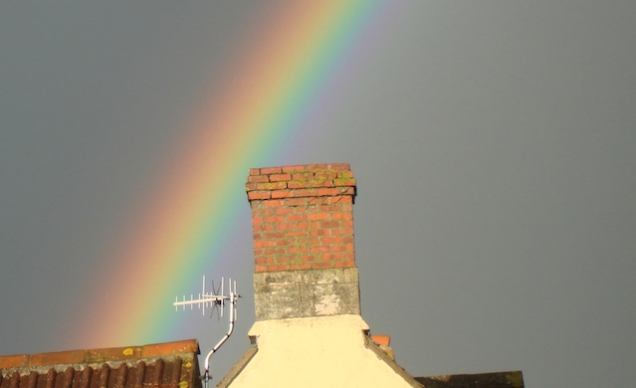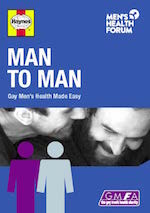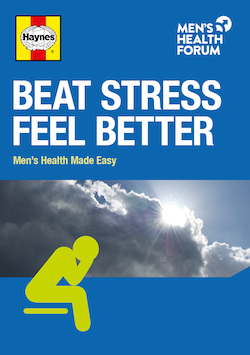Justin: 'I feared being found out as gay'

I don’t know when I first realised I had mental health issues. I just know I didn’t feel right inside. I never could feel happiness in the smallest of things.
I have had several lapses in my mental health – my first at 16 and my current at 43 - all marked by personal seismic incidents in my life course. I came from a stoic family where emotions were kept in check: unfortunate for me being the gay vocal emotive one – the runt of the litter. Living in the 80s still in the infancy of my gayness, the only way I could understand that what meant being gay was by proxy through music, film and art. These offered virtue in my solitude that I was not unaccompanied.
I never had or heard of a support group or thought to seek out one for fear of being ‘found out’. So it might sound strange that at this stage of my life, I would go on a Personal Development course with The Rainbow Project. You would think that life should have taught you all you ought to know about yourself by now.
A diversely-aged motley crew established. In the faculty of brotherhood and true faith, over the 8 weeks each of my kindred fellow travellers began to recount their own stories.
As you age, you become nostalgic. But there is something special about communing with like-minded souls and having that facility to create empathic bonds. Isn’t that the undeniable breath-taking gift of humanity? Is it possible to calculate the impact of such?
As men, we do have a certain lack of this in our liaisons. But when you find that moment, it lasts forever!
| This article reflects the experience of the individual. It is not health information from the Men's Health Forum under the terms of the NHS England Information Standard. |
|
The Men’s Health Forum need your support It’s tough for men to ask for help but if you don’t ask when you need it, things generally only get worse. So we’re asking. In the UK, one man in five dies before the age of 65. If we had health policies and services that better reflected the needs of the whole population, it might not be like that. But it is. Policies and services and indeed men have been like this for a long time and they don’t change overnight just because we want them to. It’s true that the UK’s men don’t have it bad compared to some other groups. We’re not asking you to ‘feel sorry’ for men or put them first. We’re talking here about something more complicated, something that falls outside the traditional charity fund-raising model of ‘doing something for those less fortunate than ourselves’. That model raises money but it seldom changes much. We’re talking about changing the way we look at the world. There is nothing inevitable about premature male death. Services accessible to all, a population better informed. These would benefit everyone - rich and poor, young and old, male and female - and that’s what we’re campaigning for. We’re not asking you to look at images of pity, we’re just asking you to look around at the society you live in, at the men you know and at the families with sons, fathers and grandads missing. Here’s our fund-raising page - please chip in if you can. |




